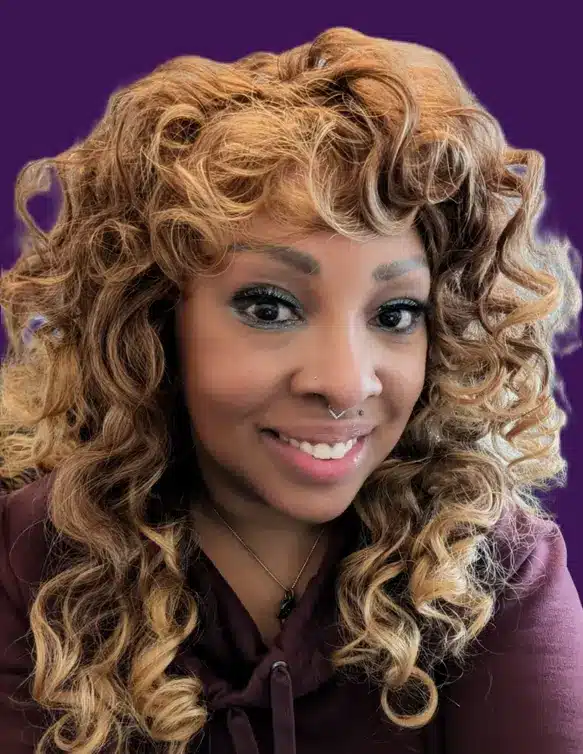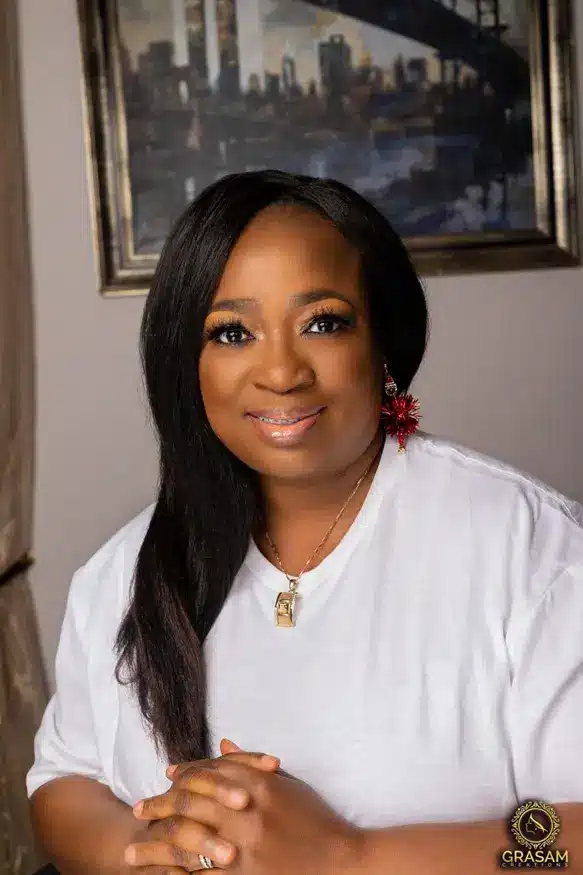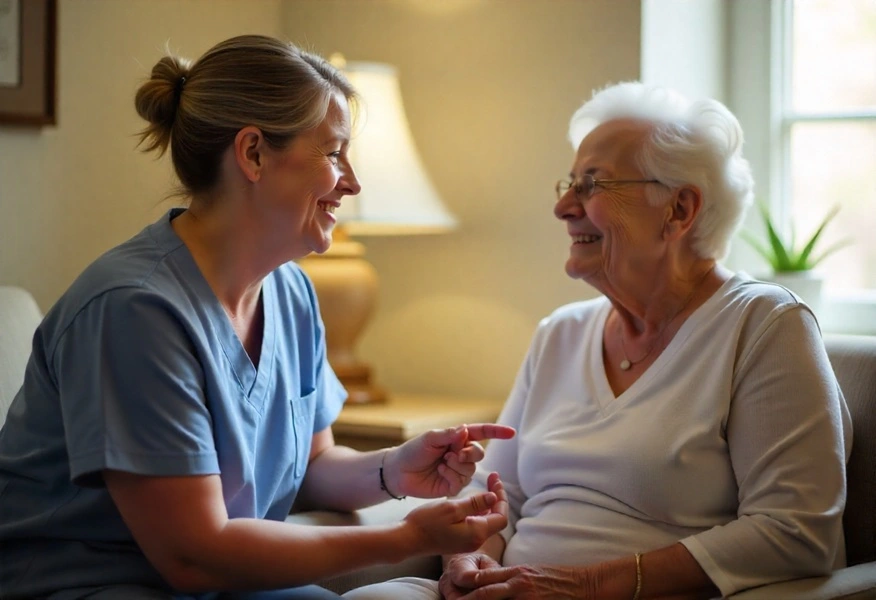The COVID-19 virus is coming to a home nearby. How near? And how serious? Even if the curve is flattened, the reality is that people will get sick, and people will die. The deaths could include me or Ted. That is a reality.
This morning my dear colleague Elizabeth Dougherty shared an EXCELLENT article, This Pandemic is Personal, by Dr Ira Byock.
Ira writes that he has graduated into a high-risk group of “elderly people”. (When I checked last, I was 23 and Ted was 29, but we sneezed a few times, turned around, had a wonderful family and some great adventures, and voila, Ted is joining that group of “over 70” in the next few years and I am just a bit behind him.) He writes that 1 in 5 of elderly people who become infected do not survive.
I may not be able to control if I die, but I can control what I do to prepare.
When I teach, we sometimes discuss the pros and cons of a sudden death vs a steady more predictable decline, a stuttering up and down decline, and a long slow lengthy decline. There is usually a group of people who like the idea of a sudden death. Then the discussion follows that sudden death is difficult for family.
On January 23, 2020, our 30 year old son, Geordie Murray, died a sudden accidental death. I know only too intimately the things that I wish we had done, could have done, would have done, had we known in advance that he was going to die. I know only too well that there are things that Ted and I can do now to decrease the burden on our loved ones, and increase their likelihood of healthy grieving, if we do die “suddenly”.
This time of social hibernation provides us with opportunities to prepare. And looking in the face of death may enrich our living.
This afternoon, inspired by Ira Byock’s article, Ted and I will sit at the table and review our will, organize our papers, share our passwords. We will talk about how we can best connect with family and friends. Then we will go for a walk on our country road and discuss ways to stay healthy.
Please read the article by Dr Ira Byock and then return and comment below on this blog. We need to talk about this.
With warmth, a great big virtual hug,
Kath
I could certainly be one of the many tens of thousands of Americans who will die in the next few months…. mainly because I’ve graduated into a high-risk group.
While all adults are at some risk, Covid-19 is far more lethal to elderly people. I’m 69 and my wife is 73. At our ages, upwards of one in five people who become infected do not survive. … Given the anticipated shortage of mechanical ventilators – we’ll need between three to 10 times the number available – and the fact that older patients who require mechanical ventilation usually go on to die, triage guidelines will likely not offer advanced life support to people my age.
…Life is a precious gift, but a fleeting one. We live each moment, but just a heartbeat away from eternity…. I go about my days, filled with meetings – now all by video conference – calmly aware that this could be the last month of my life….
My path forward is clear. In the days ahead, I’ll express my love in preparations. As a doctor, I know well what those will entail. I teach this stuff frequently….I can tell you a lot about what happens in real (this) life after we die, and how we can affect what happens.
I explained that since we’re inextricably connected to others, playwright Robert Anderson’s observation applies, “Death ends a life, but it does not end a relationship.” After you die, the people who love you will grieve. They will miss you and go through a range of emotions when they think of you; which they will do often. They may have regrets or satisfactions or both. Thought of in this light, yes, there’s a lot we can do to affect how people live in the wake of our deaths and how we remain in their lives.
It’s now time to take those lessons seriously. My wife and I will finally complete our “in case of death” file box. We model ours on the one that my mother left for my sister and me. The day after she died suddenly, we found it sitting next to the telephone in the kitchen of her retirement condo. Ours will include our will, the title for our cars, the deed for our house (not copies, the actual documents), our bank account numbers, passwords for financial and social media accounts, along with instructions about what to do with our bodies and how to access the money we’ve set aside to do so.
Our family has started having Byock Family Visit Zoom calls so that we can visit and grow together through this period of social isolation.
I’m also using my confinement to reach out to people I care about but haven’t had a conversation with in years. Mostly it’s to let them know I value our relationship and to reminisce, but also to leave nothing important unsaid. Since no relationship is perfect, it’s a chance for me ask for forgiveness for past mistakes and transgressions. It’s an opportunity to let others know that I forgive them – any misdeeds and hurt feelings are water under the bridge – and to say thank you and I love you.
Buddhist meditation teachers and seriously ill patients have both taught me that in facing death, we can begin to live fully. I’m going to do everything I can to stay safe and survive this pandemic. If I die, I want the people who matter most to me to know how I really feel. To every extent possible, I intend to joyfully celebrate life and the people I love in the very face of death.
Ira Byock, MD, is chief medical officer of the Institute for Human Caring of Providenc






